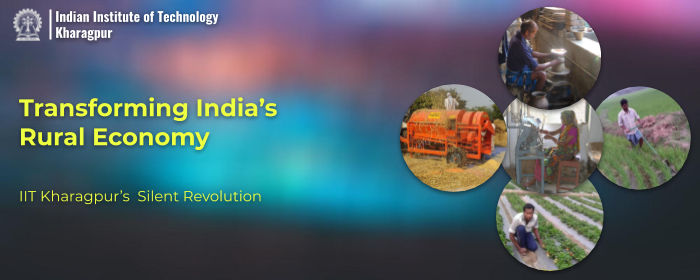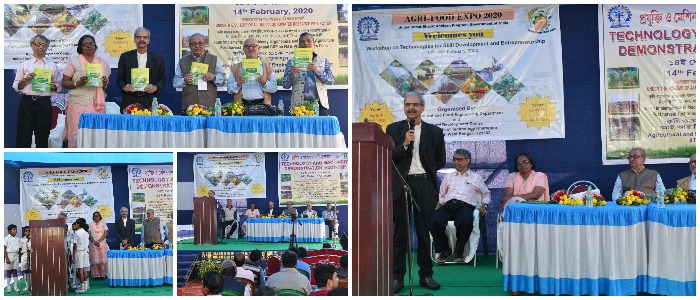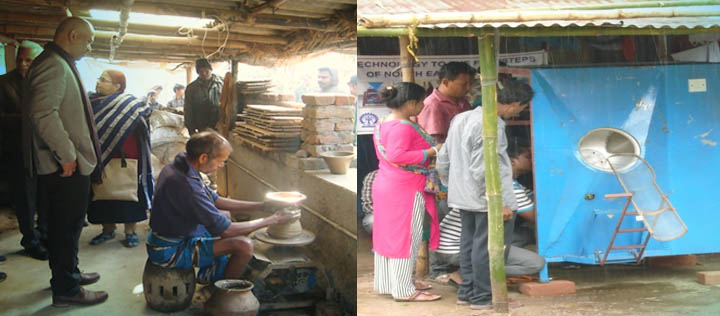
IIT KGP Develops Agro-Robotic Solution for Plant Disease Management
IIT Kharagpur Develops Robotic Solution for Plant Disease Identification and Pesticide Use India is moving at an accelerated pace towards digitization automation. The farm sector which employs about 58% of India’s workforce and contributes to about 14% of the current GDP, has adopted technological advancement to warrant uniform progress. However, farm mechanization in India still has less than 50% penetration. The Govt of India has been taking several measures and a significant drive towards this end is the multi-body project “Development of autonomous multipurpose agricultural robotic platform” funded by the Ministry of Electronics and Information Technology and run by C-DAC…



